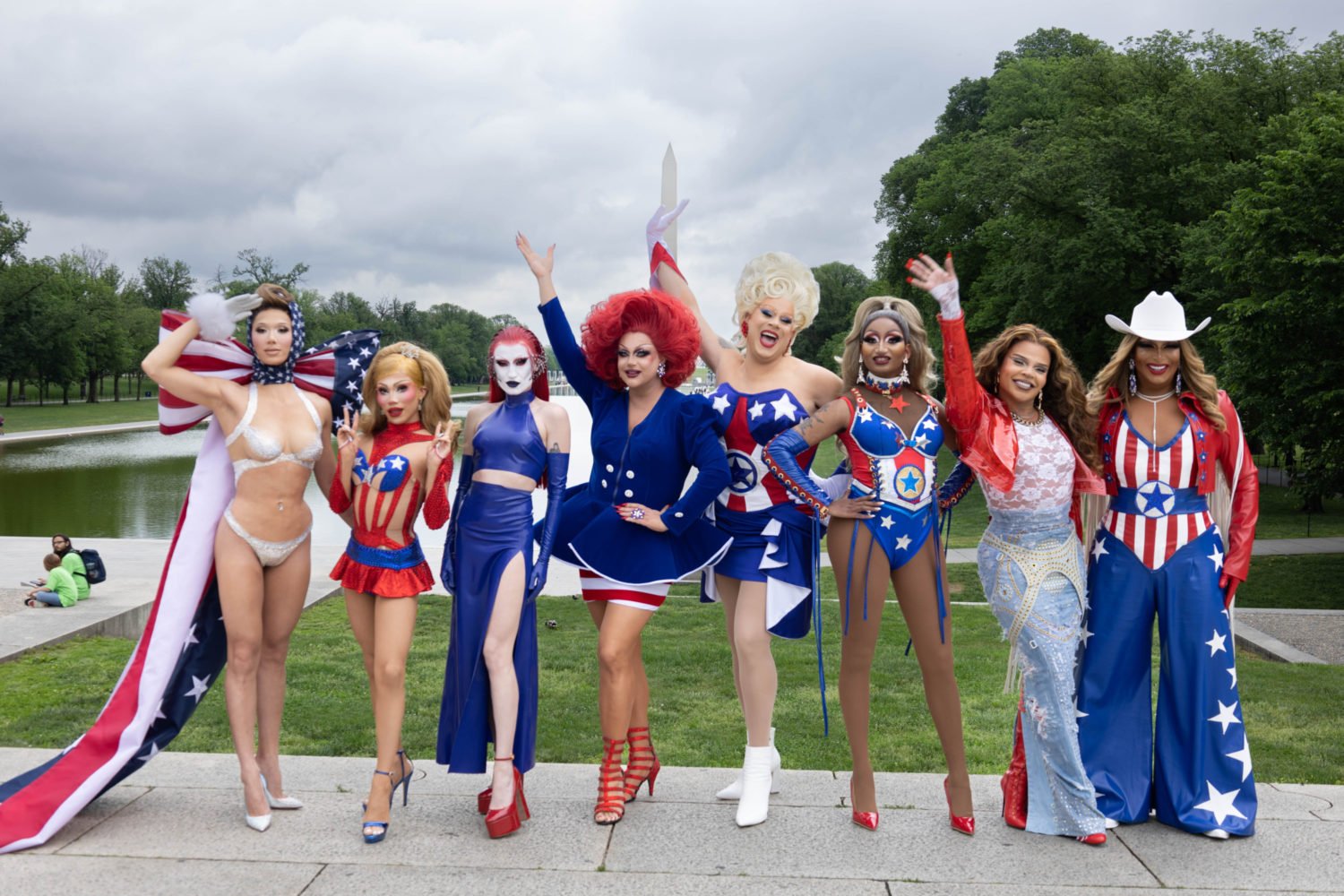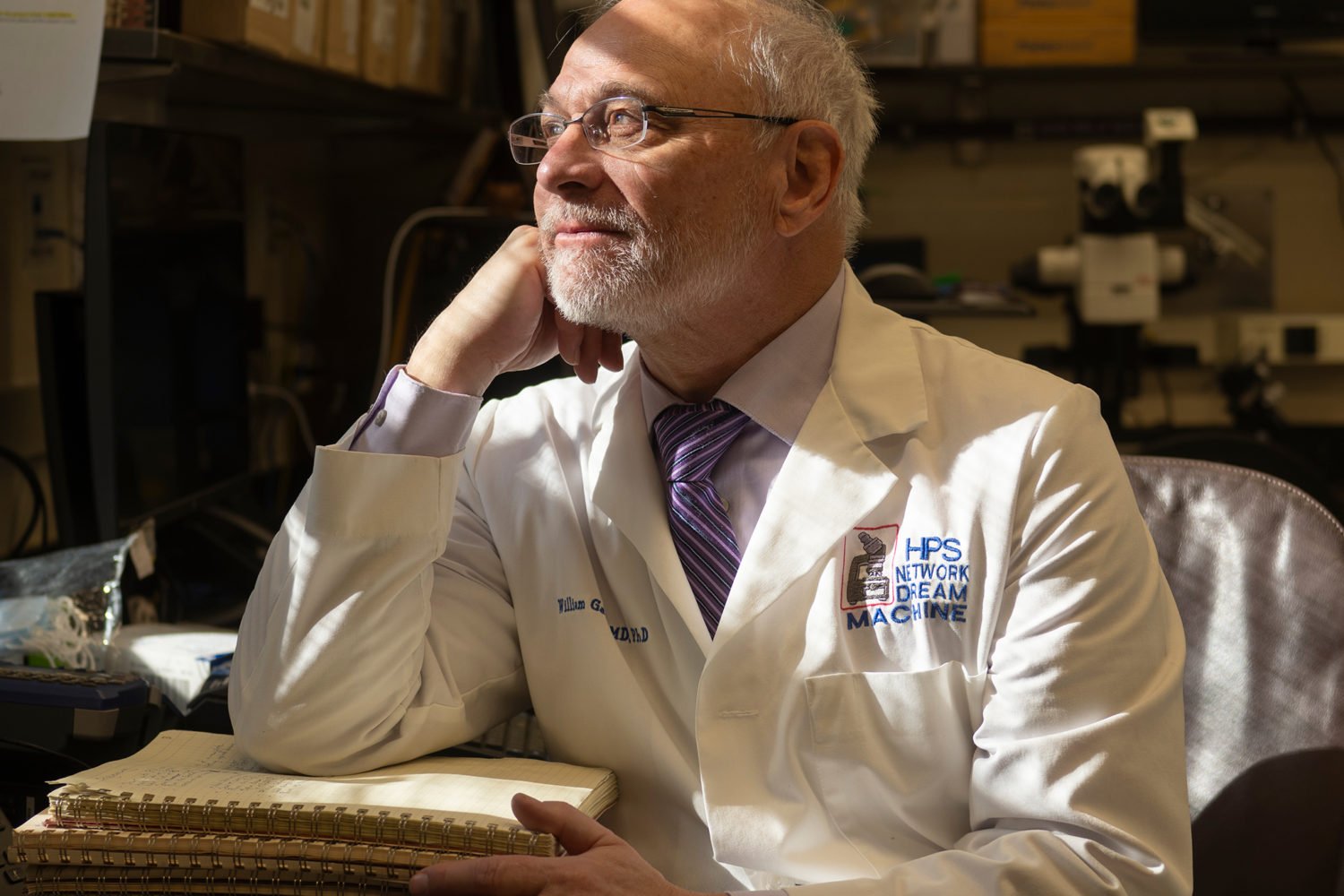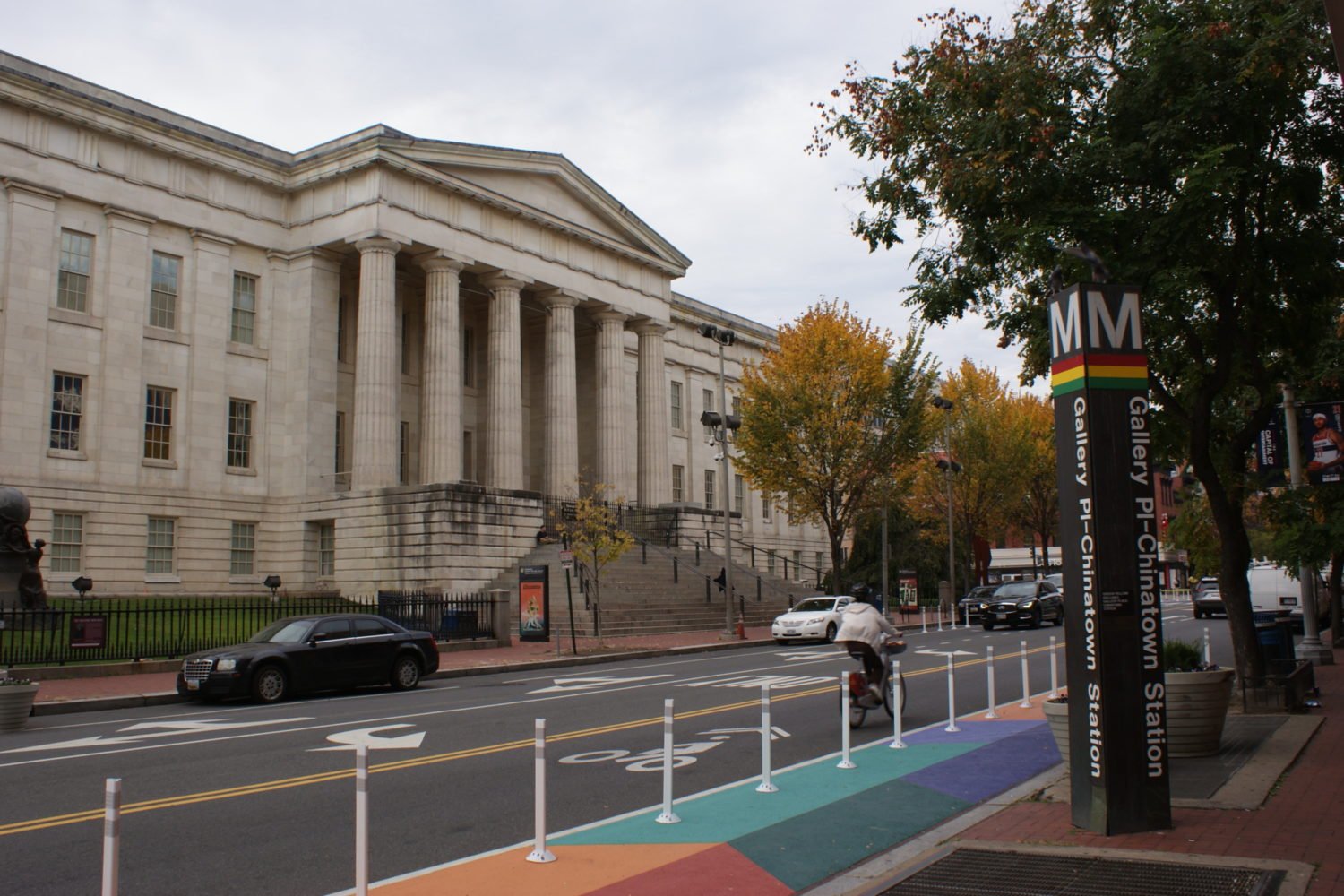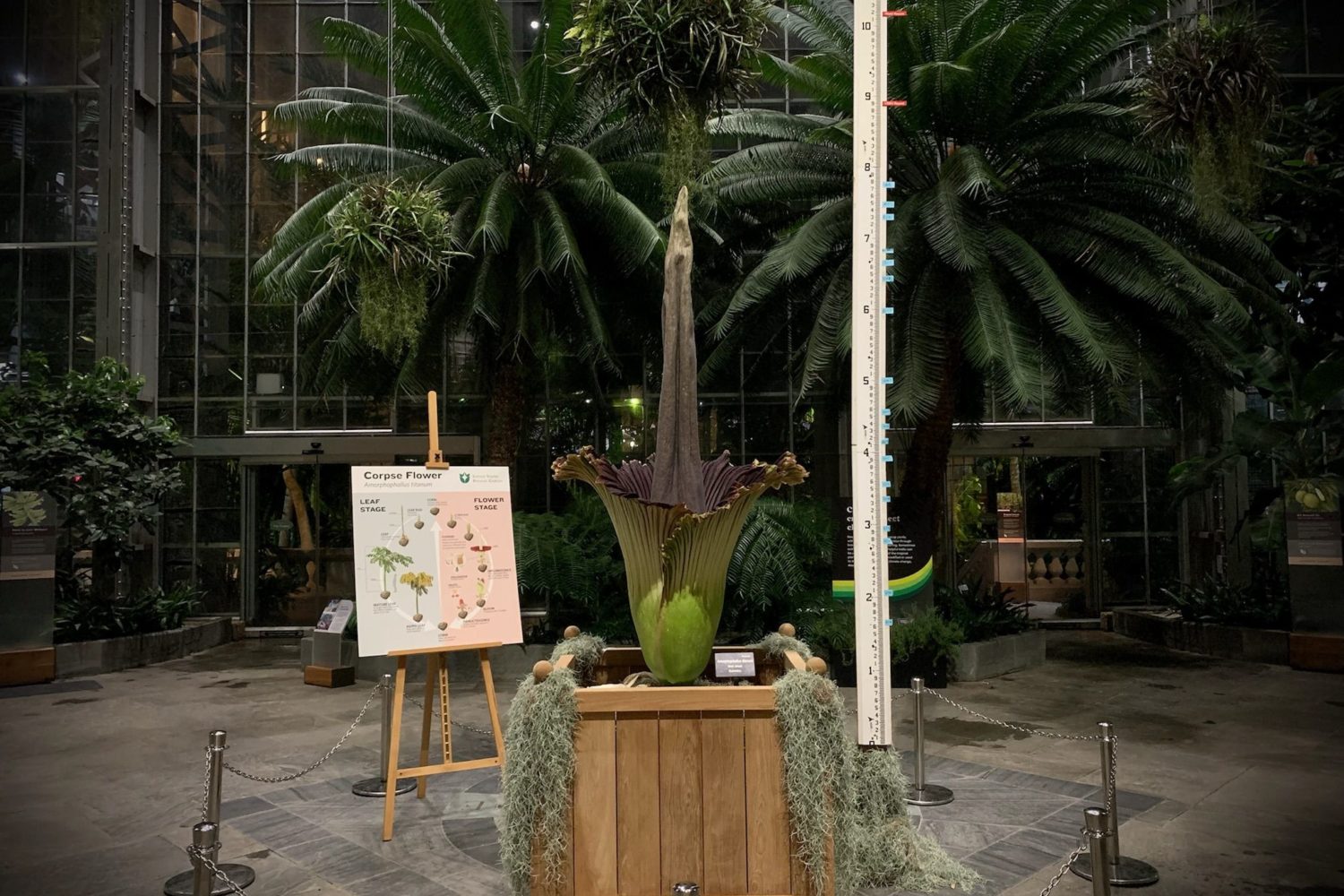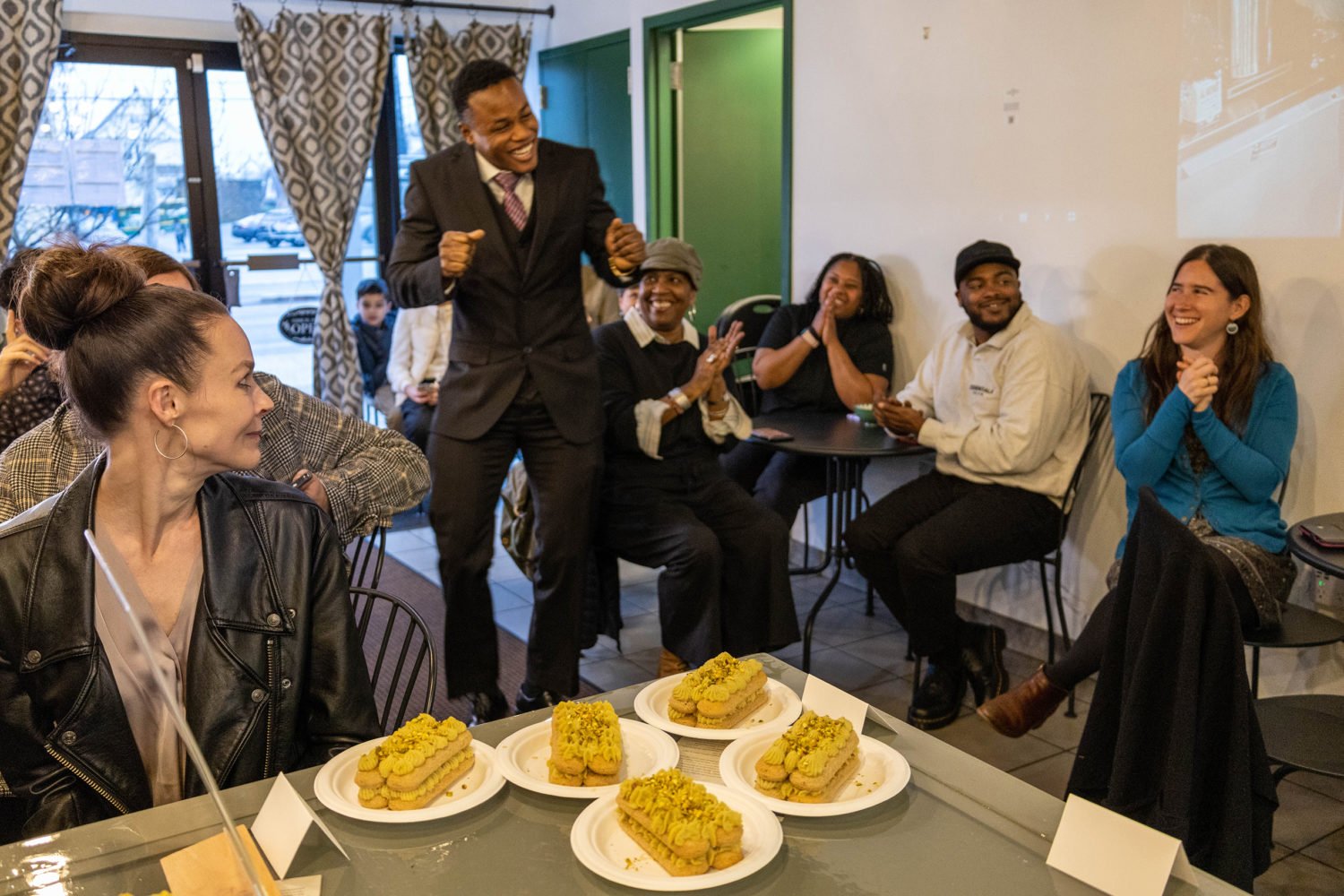Wanda Sykes has a national following for her distinctive voice and in-your-face comedy style. But few of her fans know she grew up in the Washington area and spent five years as a federal bureaucrat while honing her skills at local comedy clubs.
Before trading in her government badge for a comedy career, Sykes worked as a procurement officer at the National Security Agency in the 1980s and early ’90s. Or at least that’s what she says she did for the supersecret NSA, where, she admits, she had a high-level clearance.
After her feisty personality took her to prominence in comedy, Sykes went to Hollywood, where she appeared in Larry David’s HBO comedy show, Curb Your Enthusiasm, and portrayed Jane Fonda’s wisecracking assistant in the movie Monster-in-Law.
In 2003, Sykes had her own Fox show, Wanda at Large, about a comedian turned network talk-show correspondent. She currently plays Barb, the blunt best friend of Julia Louis-Dreyfus’s character on CBS’s The New Adventures of Old Christine.
In November, Fox tapped Sykes, 46, to host a new Saturday-night show, with a panel of comedians dissecting topical issues in front of a well-stocked bar. The Wanda Sykes Show is becoming what many consider a funnier alternative to Saturday Night Live. Sykes declared her ultimate goal at the show’s launch party: “I want to get Condoleezza Rice liquored up.”
Sykes is a native of Gambrills, Maryland, in Anne Arundel County. She returned home recently with an HBO special, I’ma Be Me, filmed at DC’s Warner Theatre. She also headlined last year’s White House Correspondents Dinner, where she sparked controversy with acid remarks about conservative radio talk-show host Rush Limbaugh.
Sykes was married to record producer David Hall for about seven years in the 1990s. She came out publicly as a lesbian in 2008 and is now active in gay-rights issues. Sykes is married to a woman, Alex, in California; they’re parents of twins, a boy and a girl.
Here is the Wanda Sykes you never knew, unless you work at NSA—and then you probably couldn’t talk about it.
What was your career goal growing up in the Washington area?
My dad was in the Army. My mom worked at the credit union over at NSA. After I graduated from Hampton University, I moved back home to Maryland and tried a few things, like retail management, and realized that really wasn’t going anywhere.
So I took the test to get a job over at NSA and ended up being a contracting specialist, which meant I shopped, but instead of buying shoes, I bought spy equipment. That was the closest thing in government that I could do to use my marketing degree.
You grew up in Gambrills. Do people think because you’re black and have a spirited personality that you’re from the ’hood?
Some people who maybe grew up in white neighborhoods that didn’t have any black people around, they just have this perception that black people had it rough coming up. I mean, when you look back, the Huxtables, The Cosby Show, that was the first family that showed black people are like professional parents and the kids aren’t running the streets or anything. But I think with me, it’s the way I carry myself. Maybe because I’m not nerdy or diminutive in any way.
So I think people just assume I had to fight my way through the hard life and the streets to get to where I am and that’s where my personality comes from. But hey, I was born in Virginia, raised in Maryland, and it’s not like everything was great. There was still racism and all where we grew up.
I guess I do have a toughness or streetwise sensibility, but you need that not just to survive the ’hood—you need that to survive, you know, the guys who wear the white hood. [Laughs.]
You did a bit here at the Warner Theatre where your mom would tell you to straighten up because there were white people watching.
My mom grew up in rural Virginia, so it was about perception. It was about don’t let white people think you’re—they already have these awful names and things that they call us. Don’t be that.
So that I thought was very funny. My mother had her regular voice and her telephone voice. She could be yelling at us—“If you don’t get your butt over here, I’m going to . . . .” And then the phone rings and it’s “Hellooo, Sykes residence.” You know?
I think most black people, especially growing up in that era, they had their two sides, and that’s why we’re such good performers. Because that’s what we do in our everyday lives, even if we aren’t onstage or in front of a camera. It’s your work persona, it’s your at-home persona, and then who you are around your friends. So, yeah, it’s just how we had to do things. For the good of the race, I should say.
Your father was an army colonel. Were your parents strict with you? Were you a wisecracking youngster?
As a very young kid—like second grade, third grade—I was very outspoken, and it got to the point that whenever they had guests over, they would send me off to my grandmother’s because they had no idea what was going to come out of my mouth. Not necessarily anything nasty or mean—it was just truth or facts. If I heard them say something about someone, or if someone owed them money, I had no problems bringing it up to that person. So it was just best for them to keep their friends and send me off for the evening.
What was Arundel High School like? Were you a typical Arundel Wildcat?
I loved Arundel—it was a great school. We had a nice mix of kids, and once I started taking acting arts and drama, that’s when it really got fun. It was weird because I had friends across the board. I managed the track team because I wasn’t fast enough to be on the team, so they let me keep the stats. I did play JV basketball. I was in marching band and orchestra. And I also had the drama club. So I was well rounded and had friends from all these different activities—the band geeks, athletes, and the artsy people. A bunch of friends, a lot of fun.
Actually, my high-school yearbook was the inspiration to make me go, “Okay, you know what? I’m going to get onstage and tell some jokes,” because just about every entry that people signed was something about making class fun. You know—“You’re so funny, you should be onstage.” From classmates to teachers, they had written something about my sense of humor.
So you took that sense of humor and decided to work on spy equipment at NSA, the most supersecret agency in government.
It was almost like it really wasn’t a choice. When you grew up in that area, that’s just what you did. You just ended up working for the government. If you’re not working for the government, then you work for a contractor who works for the government. You’re green badge or you’re black badge, basically. That was just the culture in Washington. It really wasn’t a choice.
At NSA, what does a procurement officer do? Or would you have to kill me if you told me?
Honestly, I bought things. From furniture all the way up to, you know, intel equipment. Some of the things we did were pretty cool.
Like what?
Well, just making something that’s not a piece of spy equipment look like something else. You know, if you put it on top of a building, it would just look like some part.
So it’s really like some of the movies we see, or the television show 24?
Ye
ah, but there’s not the ticking clock or anybody shooting at you or anything cool like that. It was just everyday government employees doing a job.
Most people don’t have a clue about what goes on at NSA. Even the CIA is more open. Are there any funny tales?
I guess maybe the CIA seems more glamorous because it’s actually people collecting information. At NSA, it’s more equipment collecting information.
The job was pretty boring. Every now and then you get a cool project to work on, but mainly it was “Oh, okay, this guy has a bad back; he needs a special orthopedic chair. Well, I need a note from your doctor saying you need a special chair. Okay, now I can order you your special chair.” It was a lot of that. So after five years I was bored silly.
What was your security-clearance level?
A little above top secret.
When you talk to your friends in Hollywood, do you tell them you used to have a top-secret clearance?
Well, no, I don’t because I do respect the men and women who do that work, because ultimately what they do supports the men and women who are out in the field, the troops. So there aren’t really a lot of jokes. It was 9 to 5. It wasn’t that exciting, but what we did was very important work. I wish I had some cool spy stories to tell you—that I had to crawl through some laser beams and some Tom Cruise, Mission: Impossible stuff and I was hanging from the ceiling. But nope—I was just sitting behind my desk.
Is there a sense of humor in the spy business?
It was regular men and women who’ve got their kids’ pictures up in the cubicle, and we go to lunch, we had baby showers in the office. The thing that cracked me up, though, you could tell the short-timers who were retiring soon, because they were always reading the paper at their desks and leaving exactly at quitting time. And it seemed like everyone had a side job—a lot of Avon and Mary Kay ladies.
You also had a side job—you started doing comedy right after you started at NSA. Was it because you were funny around the office?
I started doing standup around October or November of ’87. I was funny around the office, but mainly I just knew that wasn’t the job I wanted to do the rest of my life. Most government workers save their annual leave. You try to accumulate 240 hours because whatever you accumulate after that, it’s use it or lose it. Me, I would look at my pay stub and I saw, “Hey, I’ve got 16 hours of annual leave!” And I would take the next two days off: “Oh, okay, I can go play this club in Roanoke this weekend. I’ll leave Friday and be back Monday.”
What was your first gig?
It was a Coors Light Super Talent Showcase at some hotel ballroom in Northern Virginia.
What was it like to go onstage for the first time?
It was great because I didn’t know what I was doing, never been to a comedy club, had no idea that it could go horribly wrong. I was just so oblivious to what I was getting into that I was able to have fun. I wasn’t nervous or anything, just got up and told jokes because that’s how I saw people do it on TV and people would laugh. And that’s what happened.
Luckily, the guy who emceed the show was Andy Evans—he’s still in DC, one of the working local comics. And he said, “Hey, where have you been? I’ve never seen you at the clubs.” I said, “I don’t know where the clubs are.” He said, “Well, you’re good.” And he pretty much took me under his wing. I still talk to him. He showed me around different comedy clubs and helped me out with material. I just stayed with it.
Were you worried about telling certain jokes about your job?
I didn’t do any NSA jokes. Back then you couldn’t even tell people that you worked for NSA. I think you had to say it was the Maryland Procurement Office or something.
Are there different kinds of Washington humor—street humor versus political humor?
I started out working at the Comedy Café, at Garvin’s, at a place in Greenbelt. There’s political humor, there’s observational humor. Dave Chappelle was doing standup when I was doing standup. Dave did not necessarily do political humor. It was more personalized, but he still spoke about Washington. You know, back then, crack was huge in Washington, and he would talk about how he was too nerdy to sell crack. So it was still very DC.
DC was the world, but comedians had different ways they spoke about it—or how DC spoke to them.
You worked the White House Correspondents’ Dinner. Is it true they told you just before going on not to use the F-word or curse or use the N-word in terms of describing someone’s race?
Yeah, I was getting dressed when my publicist told me. We both thought it was very funny. It wasn’t like a shocker, you know. It was to me common sense, but it was just funny that they felt like they needed to tell me that.
Did you speak to the Obamas?
Yes, I met both of them. They just made me so very comfortable. Very warm. When they speak to you, you really feel like they’re actually just talking to you at the same time there’s hundreds of people swarming around them, vying for their attention. They met my family, and I was with some friends. We did some pictures. They were just great.










